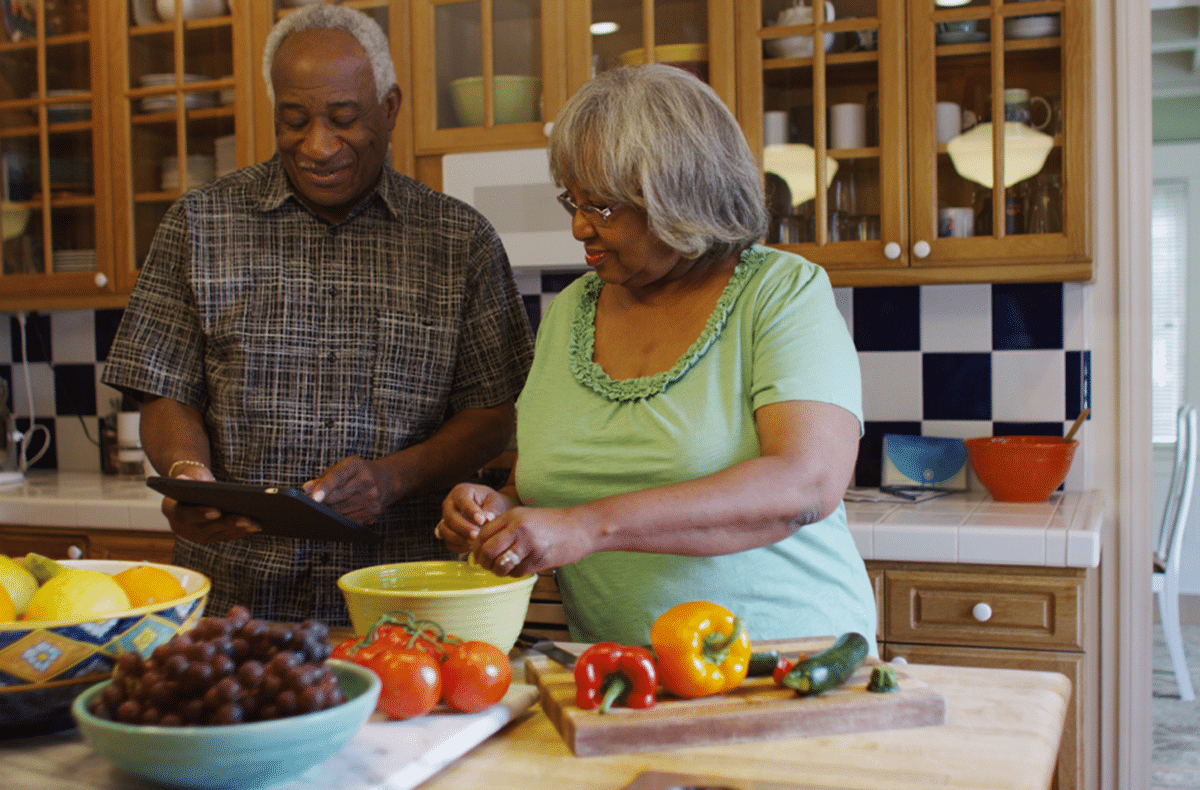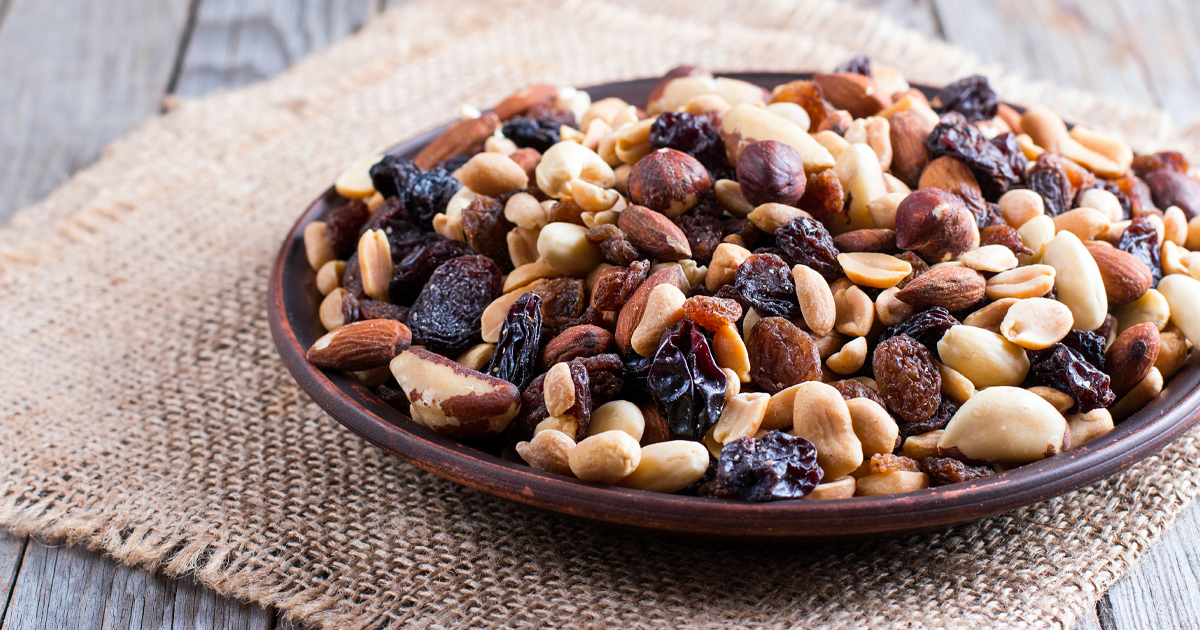Nutrition and what it means during illness

When you’re being treated for cancer, the last thing you want to think about is sticking to a diet. However, a nutritional foundation is essential in keeping you feeling as strong and healthy as possible while you’re undergoing treatment.
When you’re healthy, eating enough food to get the nutrients and calories you need is not usually a problem. Most nutrition guidelines stress eating lots of vegetables, fruits and whole grain products as well as cutting down on processed or high fat foods. But when you’re being treated for cancer, these things can be hard to do, especially if you have side effects or just don’t feel well.
CHANGING EATING HABITS
Good nutrition is especially important if you have cancer because both the illness and the treatment can change the way you eat. Cancer affects the way your body tolerates certain foods and uses nutrients. For example, you might need to change your diet to help build up your strength to withstand the effects of chemotherapy. This may mean eating things that aren’t normally recommended when you are in good health. For instance, you might need high-fat, high-calorie foods to keep up your weight, or thick, cool foods like ice cream or milk shakes because sores in your mouth and throat are making it hard to eat anything. The type of cancer, your treatment, and any side effects you have must be considered when trying to figure out the best ways to get the nutrition your body needs.
NUTRITION NEEDS
The nutrition needs of people with cancer vary from person to person. Your doctors will help you identify your nutrition goals and plan ways to help you meet them. Essentially this plan will help to:
- Keep up your strength and energy.
- Maintain your weight and your body’s store of nutrients.
- Better tolerate treatment-related side effects.
- Lower your risk of infection.
- Heal and recover faster.
A DIET TO HELP YOU FIGHT
Eating well means eating a variety of foods to get the nutrients your body needs to fight cancer. These nutrients include proteins, fats, carbohydrates, water, vitamins, and minerals.
Proteins:
We need protein for growth, to repair body tissue, and to keep our immune systems healthy. When your body doesn’t get enough protein, it might break down muscle for the fuel it needs. This makes it take longer to recover from illness and can lower resistance to infection. People with cancer often need more protein than usual. After surgery, chemotherapy or radiation therapy, extra protein is usually needed to heal tissues and help fight infection. Good sources of protein include fish, poultry, lean red meat, eggs, low-fat dairy products, nuts and nut butters, dried beans, peas and lentils and soy foods.
Related article: 9 Surprising facts about eggs you might be getting wrong

Fats and oils:
Fats and oils serve as a rich source of energy for the body. The body breaks down fats and uses them to store energy, insulate body tissues and transport some types of vitamins through the blood. Stick to healthy fats such as avocados, nuts and olive oils.
Carbohydrates:
Carbohydrates are the body’s major source of energy. Carbohydrates give the body the fuel it needs for physical activity and proper organ function. The best sources of carbohydrates are fruits, vegetables and whole grains which supply needed vitamins and minerals to the body’s cells. Other sources of carbohydrates include bread, potatoes, rice and pasta which supply energy, but provide very little in the way of vitamins, minerals or phytonutrients.
Related article: Healthy eating on a budget
Water:
Water and liquids or fluids are vital to health as all body cells need water to function. If you don’t take in enough fluids or if you lose fluids through vomiting or diarrhea, you can become dehydrated. If this happens, the fluids and minerals that help keep your body working can become dangerously out of balance. You get water from the foods you eat, but a person should also drink about eight glasses of liquid each day to be sure that all the body cells get the fluid they need. You may need extra fluids if you’re vomiting or just not eating much. Keep in mind that all liquids including soups, milk and even ice cream count toward your fluid goals.
Vitamins and minerals:
Your body needs vitamins and minerals to help it function properly and use the energy in the food you’ve just eaten. Most are found naturally in foods, but they are also sold as pill and liquid supplements. If you eat a balanced diet with enough calories and protein you will usually get plenty of vitamins and minerals. But it can be hard to eat a balanced diet when you’re being treated for cancer, especially if you have treatment side effects. If you do have side effects, your doctor or dietitian may suggest a daily multivitamin and mineral supplement. If your food intake has been limited because of the effects of treatment, be sure to tell your doctor.
Related article: Foods that seem healthy but aren’t
![]() JET CLUB HELPLINES
JET CLUB HELPLINES
PERSONAL HEALTH ADVISOR
For free advice on health issues, Jet Club members can call our helpline.
SA & Namibia
0800 00 45 45
Botswana, Lesotho & Swaziland
+2711 991 8258
This benefit also gives you access to our free online education support system, trauma and assault support, and free access to our HIV Prevention Programme 24/7. For more information about our full list of benefits you receive as a Jet Club member, click here.
Related articles

Latest Jet club magazine
We’ve got the latest trends, exciting prizes and exclusive savings just for you!
Jet Club will not pass your details to anyone else. By clicking the subscribe button you confirm you have read and agree to the Jet Club Terms and conditions and Jet Club Privacy Statement.
Subscribe

